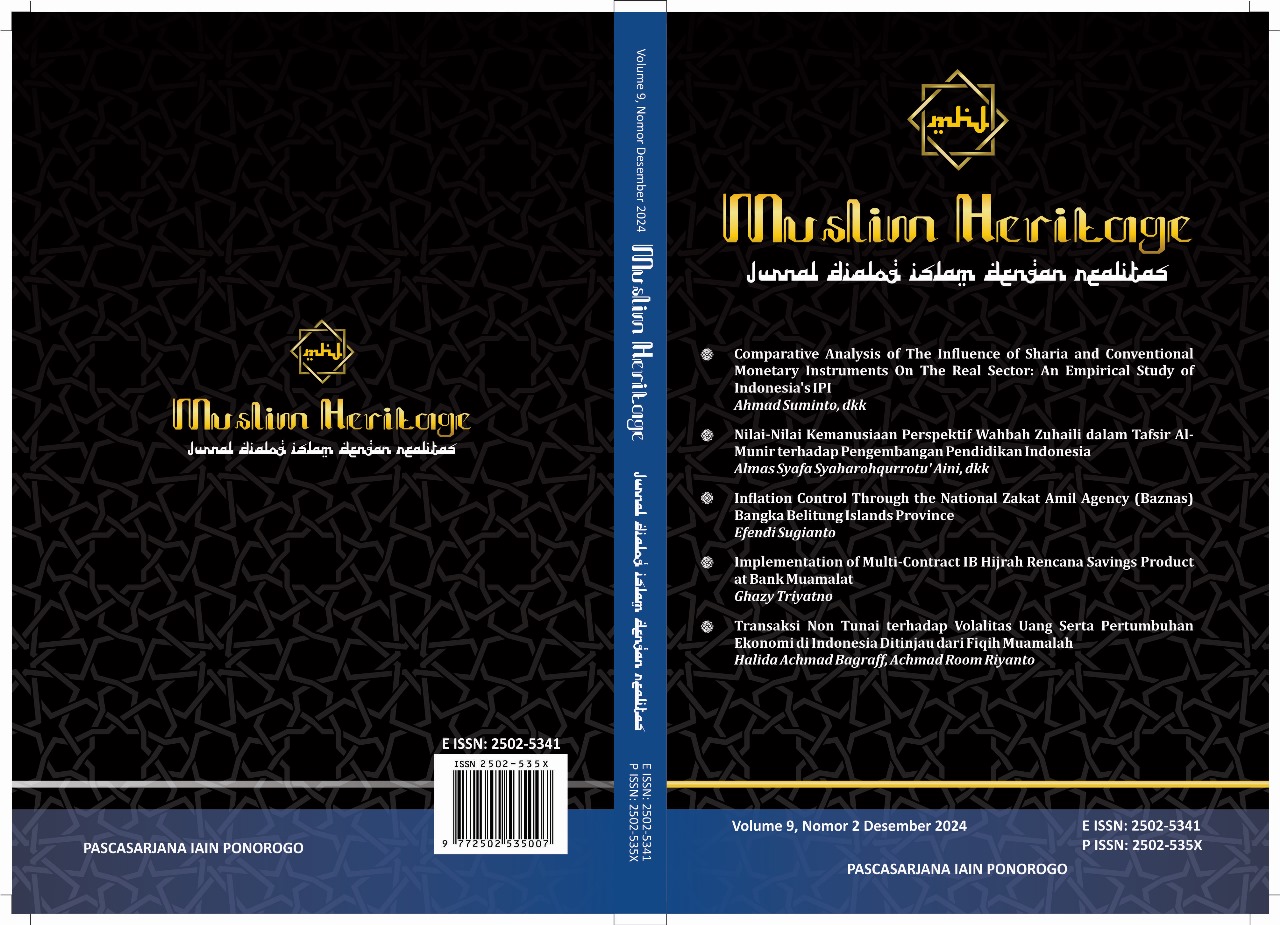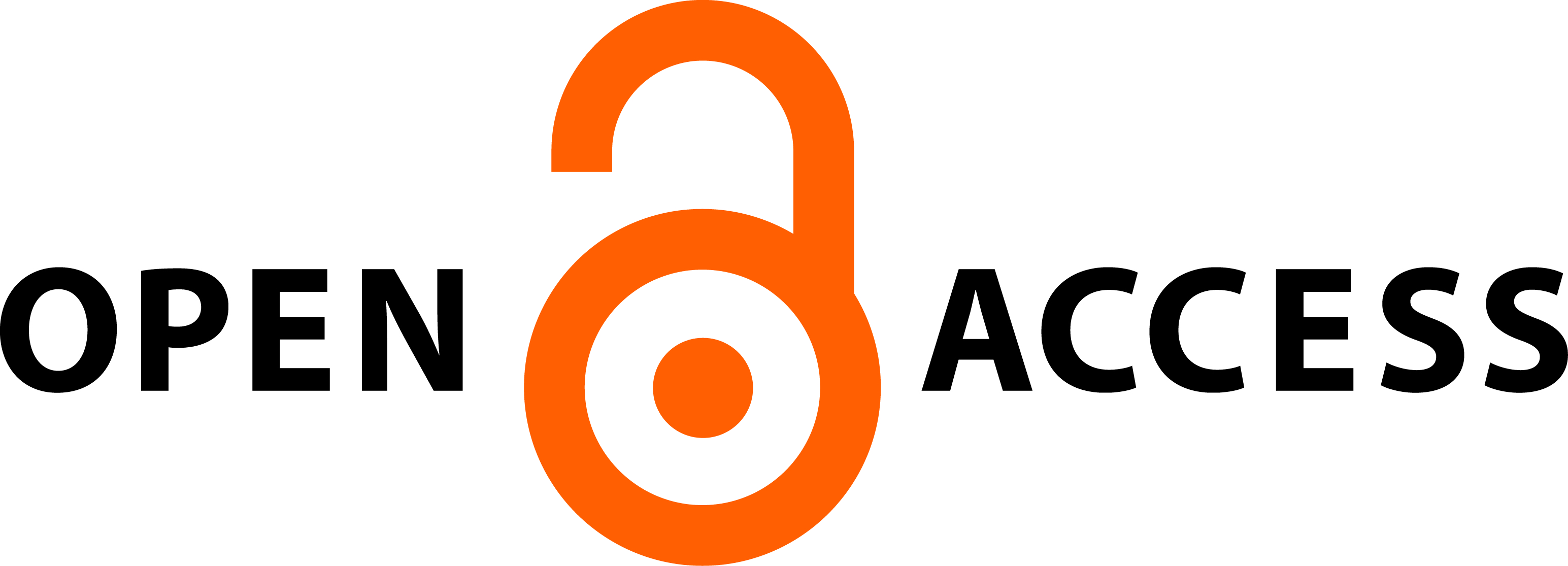Inflation Control Through The National Zakat Amil Agency (Baznas) Bangka Belitung Islands Province
Abstract
Abstract
The economic development of a country, including Indonesia, of course cannot be separated from monetary and fiscal policies, especially in dealing with inflation. The Bangka Belitung Islands Province is the third highest in Indonesia to experience inflation, so the Regional Government of the Bangka Belitung Islands Province immediately takes a policy to control inflation, so stakeholders take policy in controlling inflation, especially through the National Amil Zakat Agency or BAZNAS which has a program that can slow down the rate of inflation. This writing uses a qualitative approach to gain a comprehensive understanding of the implementation of inflation control through the National Zakat Amil Agency so that economic prosperity can be felt immediately by the community. The data sources used in this writing come from secondary data. Secondary data is collected from scientific literature, journals, and data from the Provincial Amil Zakat Agency which can be trusted and Baznas has a joint commitment with the government to suppress inflation. One way to do this is by launching economic empowerment. for small communities, as well as direct assistance both for basic food needs and through scholarships, as well as efforts to stabilize people's income, especially people who live below the poverty line, through productive programs to ensure adequate availability of basic food items for the community.
Abstrak
Perkembangan ekonomi suatu negara termasuk Indonesia tentunya tidak terlepas dari kebijakan moneter dan fiskal terutama dalam menghadapi terjadinya inflasi. Provinsi Kepulauan Bangka Belitung tertinggi ketiga di Indonesia yang mengalami Inflasi, sehingga Pemerintah Daerah Provinsi Kepulauan Bangka Belitung segera mengambil kebijakan untuk mengendalikan inflasi, maka stakeholder mengambil kebijakan dalam pengendalian Inflasi terutama melalui Badan Amil Zakat Nasional atau BAZNAS yang memiliki program yang dapat menghambat lajunya Inflasi. Penelitian ini menggunakan pendekatan kualitatif untuk mendapatkan pemahaman yang komprehensif mengenai penerapan pelaksanaan pengendalian inflasi melalui Badan Amil Zakat Nasional sehingga dapat segera dirasakan kesejahteraan ekonomi oleh masyarakat. Sumber Data yang digunakan dalam penulisan ini berasal dari data sekunder yang dikumpulkan dari literatur ilmiah, jurnal, dan data Badan Amil Zakat Provinsi yang dapat dipercaya dan memiliki komitmen bersama pemerintah untuk menekan inflasi. Hasil penelitian ini menyimpulkan bahwa salah satu cara yang dapat dilakukan untuk menghadapi terjadinya inflasi adalah dengan meluncurkan pemberdayaan ekonomi masyarakat kecil, serta bantuan langsung, baik untuk kebutuhan bahan pokok maupun melalui program beasiswa, serta menstabilkan pendapatan masyarakat, terutama masyarakat yang hidup dibawah garis kemiskinan, melalui program produktif untuk memastikan ketersediaan bahan pokok pangan tercukupi bagi masyarakat.
Keywords: Control; Inflation; Baznas
Downloads
Published
Issue
Section
License

This work is licensed under a Creative Commons Attribution-NonCommercial 4.0 International License.
Requirements to be met by the author as follows:
- Author storing copyright and grant the journal right of first publication manuscripts simultaneously with licensed under the Creative Commons Attribution License that allows others to share the work with a statement of the work's authorship and initial publication in this journal.
- Authors can enter into the preparation of additional contractual separately for non-exclusive distribution of a rich version of the journal issue (eg:post it to an institutional repository or publish it in a book), with the recognition of initial publication in this journal.
- Authors are allowed and encouraged to post their work online (eg, in institutional repositories or on their website) prior to and during the submission process, because it can lead to productive exchanges, as well as citations earlier and more severe than published works. (see The Effect of Open Access).















